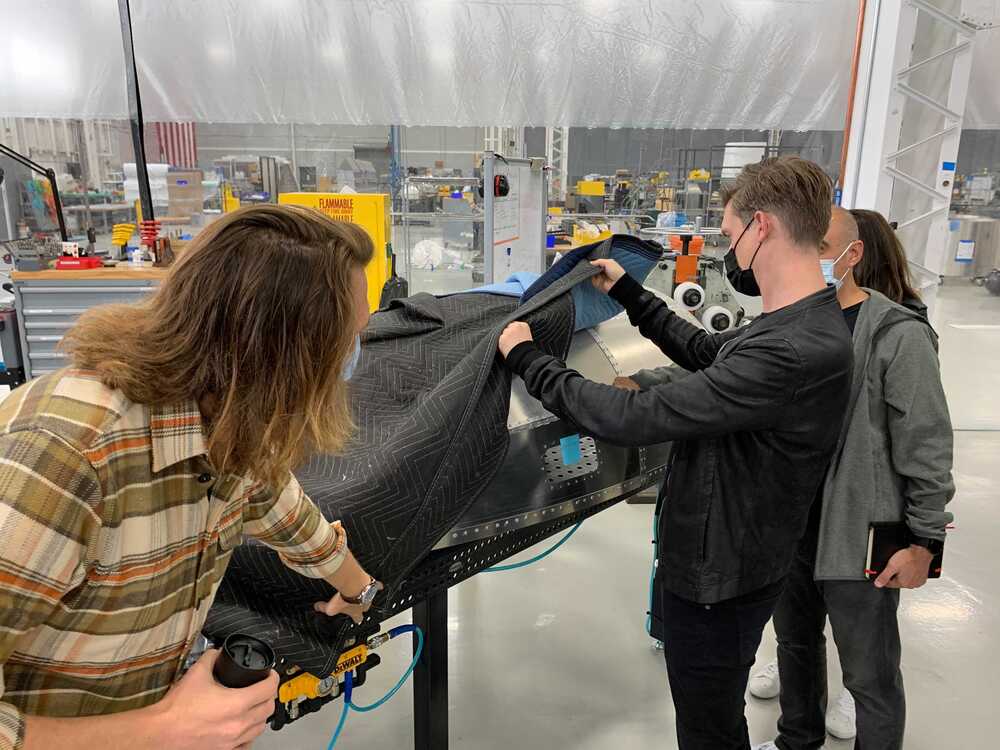The silicon Ouroboros.
TSMC produces chips for AMD, but it also now uses AMD’s processors to control the equipment that it uses to make chips for AMD (and other clients too). Sounds like a weird circulation of silicon, but that’s exactly what happens behind the scenes at the world’s largest third-party foundry.
There are hundreds of companies that use AMD EPYC-based machines for their important workloads, sometimes business-critical workloads. Yet, when it comes to mission-critical work, Intel Xeon (and even Intel Itanium and mainframes) rule the world. Luckily for AMD, things have begun to change, and TSMC has announced that it is now using EPYC-based servers for its mission-critical fab control operations.
“For automation with the machinery inside our fab, each machine needs to have one x86 server to control the operation speed and provision of water, electricity, and gas, or power consumption,” said Simon Wang, Director of Infrastructure and Communication Services Division at TSMC.




